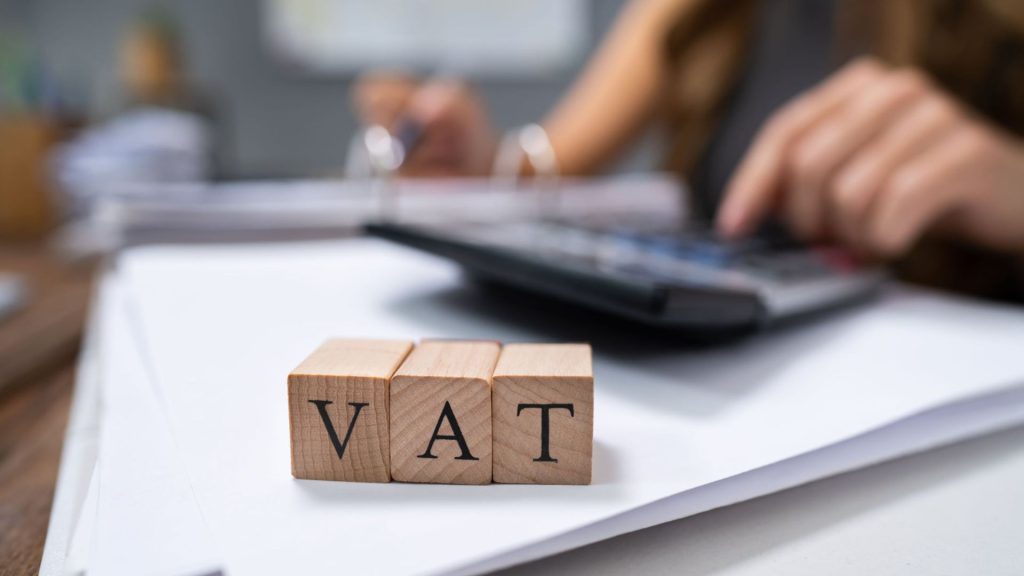In the dynamic landscape of business in the UAE, VAT compliance in Dubai stands as a significant pillar for companies of all sizes. For startups and established businesses alike, understanding how to organize your bookkeeping for VAT filing can make all the difference in navigating the complexities of taxation regulations effectively.

Why Organized Bookkeeping Matters :
Imagine your business as a well-oiled machine, where every cog and gear plays a crucial role in its smooth operation. In the realm of VAT compliance, organized bookkeeping serves as the backbone of this machine. It ensures accuracy, transparency, and, most importantly, compliance with VAT regulations set forth by the UAE government.
The Blueprint: Steps for Effective Bookkeeping :
1. Accurate Record-Keeping :
The journey towards VAT compliance begins with meticulous record-keeping. Every transaction – sales, purchases, expenses, and VAT-related entries – should be diligently recorded using reliable accounting software or spreadsheets.
2. Distinguishing Taxable and Non-Taxable Transactions:
Not all transactions are created equal in the eyes of VAT. Distinguish between taxable and non-taxable transactions to ensure precise VAT calculations. Separate accounts or codes for each category streamline the process.
3. VAT-Compliant Invoicing:
Invoices are not just pieces of paper; they’re legal documents. Ensure your invoices contain all required information – VAT registration numbers, tax amounts, applicable VAT rates, and more – to avoid compliance pitfalls.
4. Tracking Input and Output VAT:
Separate ledgers for input and output VAT are indispensable tools for effective VAT management. By meticulously recording VAT on purchases (input VAT) and VAT on sales (output VAT), you pave the way for accurate VAT reconciliation.
5. Regular Reconciliation of VAT Transactions:
Reconciliation isn’t just a financial buzzword; it’s a crucial practice for VAT compliance. Regularly reconciling input and output VAT helps identify discrepancies and rectify errors before they escalate.
6. Document Everything:
In the realm of VAT compliance, documentation is your best friend. Keep all invoices, receipts, import/export documents, and VAT returns meticulously organized and readily accessible for audit purposes.
7. Expense Allocation:
Not all expenses are created equal concerning VAT recovery. Allocate expenses appropriately between taxable and non-taxable activities to optimize VAT reclaims and minimize liabilities.
8. Leverage VAT Accounting Software:
In an era of digital transformation, VAT accounting software emerges as a game-changer. These tools automate VAT-related tasks, streamline processes, and mitigate the risk of human error.
In Conclusion
Mastering VAT compliance isn’t just about crunching numbers; it’s about adopting a proactive approach to financial management. By following these steps and embracing a culture of meticulous bookkeeping, businesses can navigate the intricacies of VAT regulations with confidence and clarity.

Remember, VAT compliance isn’t a one-time task; it’s an ongoing journey. Stay informed, stay organized, and above all, stay compliant.

